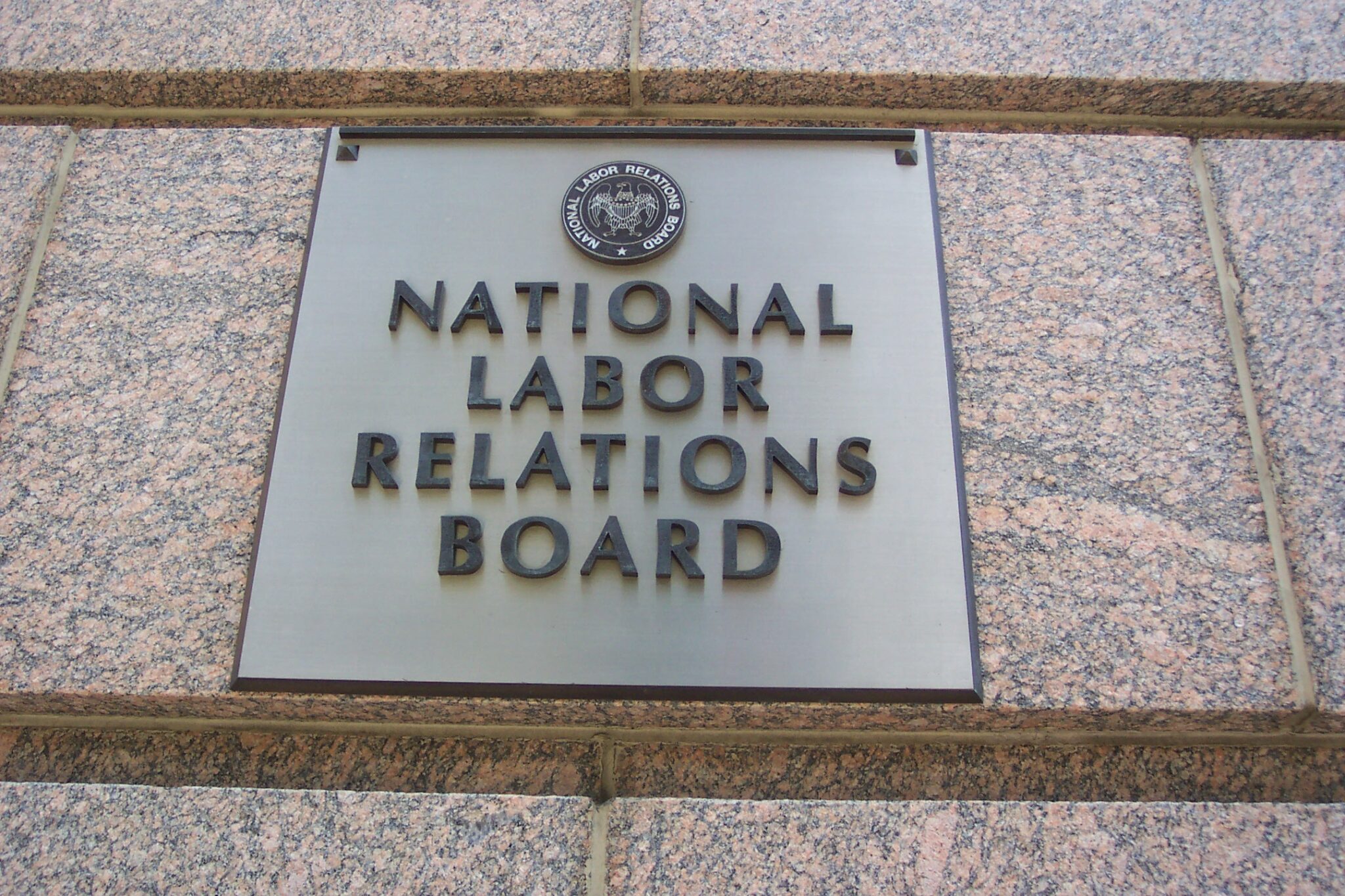
Mila Rostain is a student at Harvard Law School.
In today’s News and Commentary, the VA terminates most union contracts, two home care workers backed by a think tank attempt to invalidate Michigan’s two laws granting home care workers union rights, and a district judge dismisses a grocery chain’s lawsuit against UFCW Local 7.
Yesterday, the Department of Veteran Affairs terminated collective bargaining agreements covering more than 400,000 workers represented by AFGE, NAGE, NFFE, NNU, and SEIU. On Friday, as Finlay reported, the Ninth Circuit stayed a preliminary injunction of President Trump’s Executive Order ending collective bargaining rights for many federal workers. In part because the Trump Administration had instructed agencies not to terminate agreements until the litigation ended, the Court concluded that workers were unlikely to face significant harm by staying the injunction. The VA had already stopped deducting dues in April, but now workers will no longer have access to union space or official time. The approximately 4,000 police, firefighters, and security guards at the VA were exempted from the EO and continue to have collective bargaining agreements. Eight smaller unions that have not challenged the Trump Administration are also exempt from the EO.
Last week, with the backing of the Mackinac Center for Public Policy, two workers filed a suit in the Michigan Court of Claims alleging that two laws restoring collective bargaining rights to workers in Michigan’s Home Help Program violate the state constitution and US Supreme Court precedent. The Mackinac Center for Public Policy had opposed the measures. Their brief alleges that the laws, under which home care workers are state employees for the purposes of collective bargaining, violate a provision in the Michigan constitution that requires the Civil Service Commission to have control over public employees. The workers are also seeking an injunction to block the state from certifying an election petitioned for by SEIU.
And yesterday, U.S. District Judge Charlotte Sweeney granted UFCW Local 7’s motion to dismiss a Colorado grocery store chain’s lawsuit claiming that the union had violated the NLRA by forcing the chain, King Soopers, to engage in prohibited conduct. King Soopers sued the union after workers struck for two weeks leading up to the Super Bowl. King Soopers argued that the NLRA’s prohibition on secondary boycotts extended to a prohibition on industry-wide bargaining. The chain also claimed that the union had attempted to force it to bargain with other unions. Judge Sweeney agreed with the union that King Soopers had failed to adequately plead violations of § 8(b).






Daily News & Commentary
Start your day with our roundup of the latest labor developments. See all
November 14
DOT rule involving immigrant truck drivers temporarily stayed; Unions challenge Loyalty Question; Casino dealers lose request for TRO to continue picketing
November 13
Condé Nast accused of union busting; Supreme Court declines to hear Freedom Foundation’s suit challenging union membership cancellation policies; and AFT-120 proposes a “Safe Sleep Lots” program for families facing homelessness.
November 12
Starbucks and the NLRB face off over a dress code dispute, and mental healthcare workers face a reckoning with AI.
November 11
A proposed federal labor law overhaul, SCOTUS declines to undo a $22 million FLSA verdict, and a railroad worker’s ADA claim goes to jury trial.
November 10
Meta unveils data center ads; partisan government emails blocked by judge; thousands protest in Portugal.
November 9
University of California workers authorize the largest strike in UC history; growing numbers of legislators call for Boeing to negotiate with St. Louis machinists in good faith; and pilots and flight attendants at Spirit Airlines agree to salary reductions.